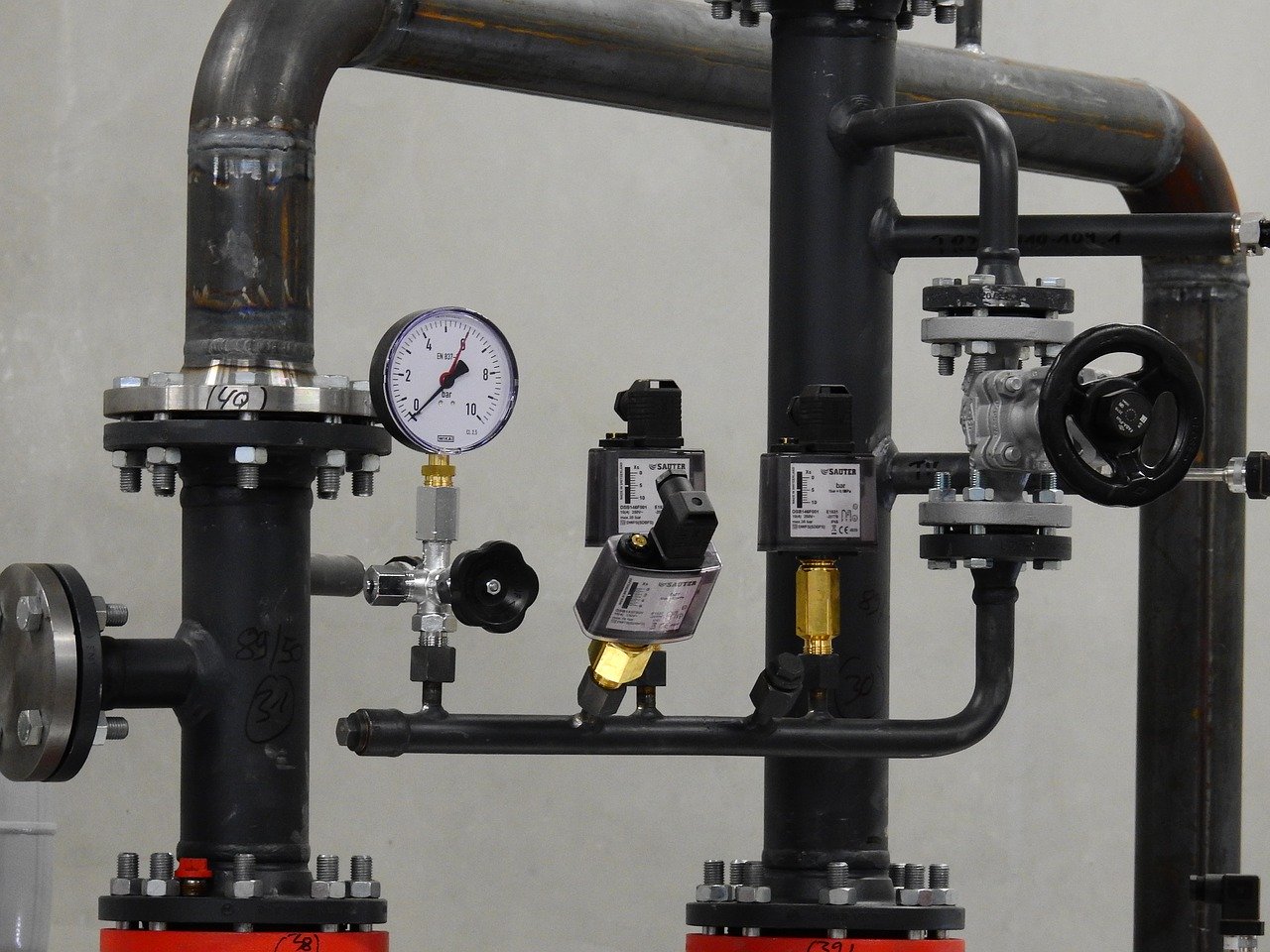A boiler is a central component in many heating systems. Also, it is one of the main components that facilitate heat distribution and emission in your home. The boilers are critical parts of a heating system. If it’s working properly, your home will stay warm even during the cold months. Here are seven tips for maintaining your heating boiler:
There are numerous benefits to this exercise. First, regular servicing will improve your safety and health. Carbon is a dangerous gas whenever there is a fuel-burning appliance in your home. Since the gas is odorless and colorless, many homeowners don’t know they are being poisoned. A well-serviced boiler will combust fuel safely and efficiently.
Therefore, there will be low chances of carbon monoxide poisoning. Regular servicing will enable you to save a significant amount of money in the long run. If the heating boiler breaks down, you will be required to pay more for repairing or replacement. For some people, lack of servicing could lead to health complications and financial repercussions.
Bleed the Radiators
With time, air can get into your heating system. Modern boilers contain an automatic air vent, which relieves air that may find its way into the system. If you notice there is air in the radiator, you need to bleed the radiator.
You only need a radiator key for the task, which is readily available in most plumbing stores. There is a bleed point at the top of the radiator. When you insert the key, the air inside will come out. Once you are done, close it.
Turn Your Heating On Regularly
According to experts, when you do this during the warm months, the heating boiler will run smoothly. Like a car, if you don’t use the heating system for months, it may malfunction when you turn it on. You just need to switch it on once a week.
Clean It Regularly
Many people tend to overlook the heating broiler when cleaning the other parts of their home. Cleaning is one of the simplest ways of ensuring it runs efficiently. When dust accumulates, it will block tubes and pipes, which results in increased energy bills.
Always clean the exterior part of your boiler when carrying out other tasks in your home to get rid of dust that may be building up. However, don’t attempt to clean the interior. This should be done by a trained engineer.
Install a Magnetic Filter
The filters are connected to the return pipework of central heating systems. Inside, the system filters have a powerful magnet, which helps to remove any sludge that may accumulate. They are located near the broiler to catch contaminants before they get inside. This will extend the boiler’s lifespan. The filter can also be cleaned by a professional during the annual service.
Check the Water Pressure
Loss of pressure causes many issues in a heating system. Therefore, check the pressure regularly and top it up whenever necessary. Usually, experts recommend maintaining the pressure around the 1.5 mark. However, the ideal level may vary depending on your model.
If you are uncertain about the recommended level, check the manufacturer’s manual. In most cases, re-pressurizing is easy, and you can do it on your own. Check the manufacturer’s guide to see whether you need to hire a professional for the exercise.
Insulate the Pipes
This is a common DIY task in many homes to lower the expenses. Pipe lagging is readily available in many plumbing merchants. Insulation is mainly done for pipework in the loft or garage. Lagging is an effective way of minimizing heat loss and ensuring warmth during the cold months.
If you notice that the boiler is condensing and the condensate pipe is terminated externally, lagging is necessary. One of the most common problems during the winter is a fault with a boiler due to frozen condensate pipes.
Finally, if you still notice the boiler has some problems even after carrying out the above maintenance tasks, you need to buy a new boiler and contact a professional for installation. Some of the most common signs that you need to invest in a new boiler are regular break downs, water leaks, and a yellow flame.

Leave a Reply